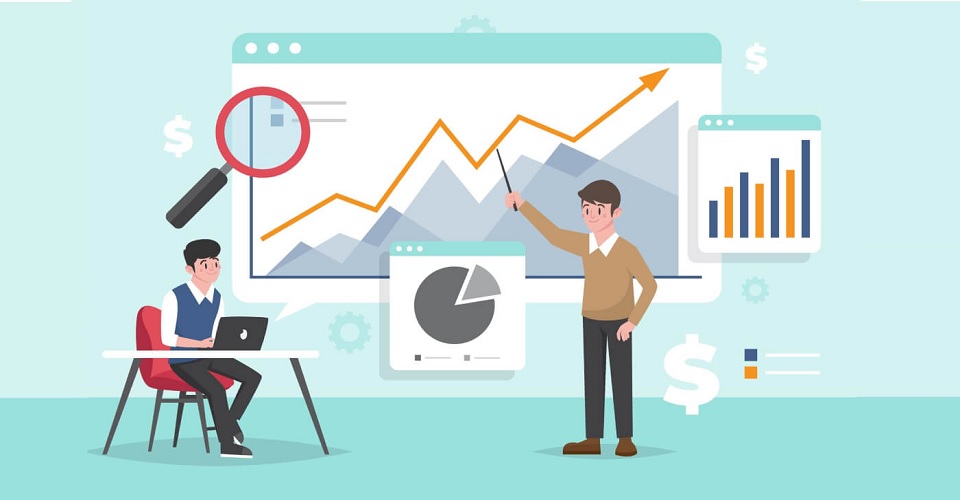Blog
Forex Trading Mistakes

Forex trading is undoubtedly an enticing experience, but it can also prove to be somewhat overwhelming and discouraging for some.
It is important to be as careful as possible, and to avoid certain mistakes or tendencies. As a forex trader it is important to be aware of certain commonly made mistakes, so as to try to avoid committing them.
The following are some common mistakes that forex traders tend to make:
1. Not carrying out background work and analysis prior to entering a trade. You need to understand that currency pairs are linked through their respective national economies and there are numerous factors which affect them. You thus need to be aware of any news or events which could have an effect on such currencies. You need to try to forecast possible events that could lead to changes in currencies. The use of technical indicators is of paramount importance.
2. How much you risk needs to be as safe as possible. You cannot risk too much or more than you can afford to lose. Unfortunately many traders do not properly understand how leverage works. It is important to avoid using leverage unless you have a good idea of the way it works. It is a good idea to get into the habit of setting a percentage you are willing to risk at a time, ideally between 1% and 3%. Once you stick that maximum risk level, always stick to it.
3. It is best to use stop and limit orders. These help you to get in and out of the market at set prices which you would have decided upon. So even if you are not available at that point in time the platform will execute the trades according to such stop and limit orders. This is also a good way of avoiding emotions to get you to make decisions irrationally.
4. Overreactions are a part of human nature buy you will need to tackle them properly. Getting emotional or illogical is certainly not ideal for trading. You need to accept that losses are normal, but it is important to have a proper plan to act as rationally and as safely as possible. Such a plan will help you compensate for any losses that you suffer. Speaking of the trading plan, make sure to readjust it from time to time.
5. Start with a demo account. Before embarking on real trading, involving actual money, it is much better to spend some time practising on a demo account. By using virtual funds to check how different trading plans can work you can gain better insight. You can learn from any mistakes without suffering actual losses.
It is important to be as careful as possible, and to avoid certain mistakes or tendencies. As a forex trader it is important to be aware of certain commonly made mistakes, so as to try to avoid committing them.
The following are some common mistakes that forex traders tend to make:
1. Not carrying out background work and analysis prior to entering a trade. You need to understand that currency pairs are linked through their respective national economies and there are numerous factors which affect them. You thus need to be aware of any news or events which could have an effect on such currencies. You need to try to forecast possible events that could lead to changes in currencies. The use of technical indicators is of paramount importance.
2. How much you risk needs to be as safe as possible. You cannot risk too much or more than you can afford to lose. Unfortunately many traders do not properly understand how leverage works. It is important to avoid using leverage unless you have a good idea of the way it works. It is a good idea to get into the habit of setting a percentage you are willing to risk at a time, ideally between 1% and 3%. Once you stick that maximum risk level, always stick to it.
3. It is best to use stop and limit orders. These help you to get in and out of the market at set prices which you would have decided upon. So even if you are not available at that point in time the platform will execute the trades according to such stop and limit orders. This is also a good way of avoiding emotions to get you to make decisions irrationally.
4. Overreactions are a part of human nature buy you will need to tackle them properly. Getting emotional or illogical is certainly not ideal for trading. You need to accept that losses are normal, but it is important to have a proper plan to act as rationally and as safely as possible. Such a plan will help you compensate for any losses that you suffer. Speaking of the trading plan, make sure to readjust it from time to time.
5. Start with a demo account. Before embarking on real trading, involving actual money, it is much better to spend some time practising on a demo account. By using virtual funds to check how different trading plans can work you can gain better insight. You can learn from any mistakes without suffering actual losses.